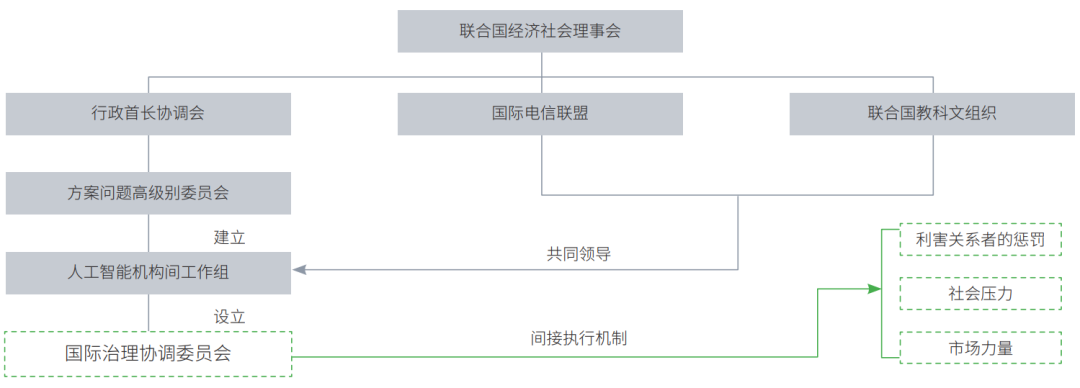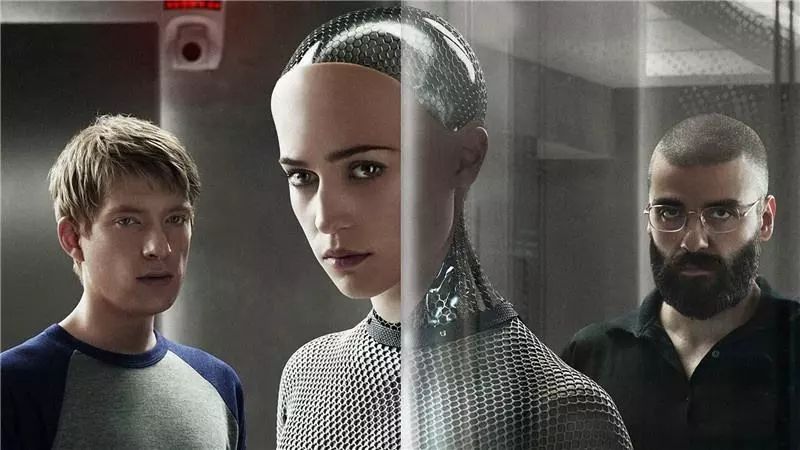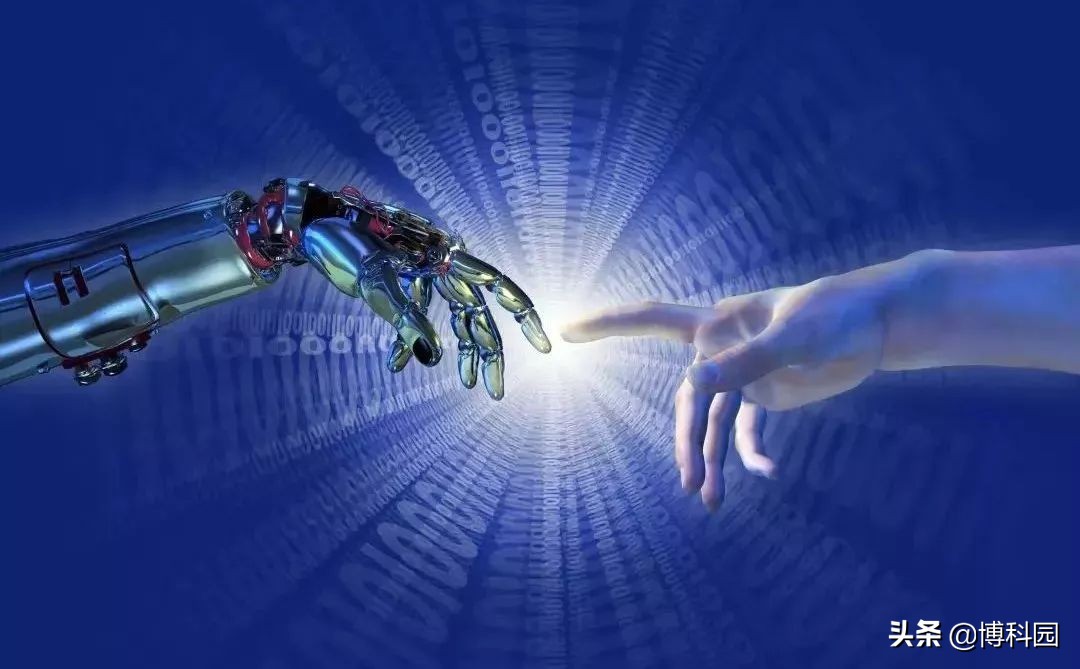When AI Predicts You Should Divorce: Where Is The Boundary Of Artificial Intelligence Ethics?
When AI Predicts You Should Divorce: Where Is The Boundary Of Artificial Intelligence Ethics?
Artificial intelligence intervenes in marriage decisions and causes controversy. For example, although the divorce prediction system can predict crisis through data analysis, it has data limitations , privacy leakage and weakening decision autonomy, which may aggravate the utilitarianization of social relations. Technology boundaries require legal, ethical and standard constraints. In the future, multimodal data fusion and human-computer collaboration mechanisms should be promoted to ensure that AI is an auxiliary tool and maintain the core value of human emotional autonomy. After all, perfect algorithms cannot replace true persistence.Introduction: Controversy over AI’s intervention in marriage decision-making. In 2023, a Canadian emotional consulting company launched an AI divorce prediction system, claiming that by analyzing information such as couple conversation records, consumption data, social dynamics, etc., it can predict marriage crisis with an accuracy rate of 87%. This sparked heated discussion: When algorithms start evaluating humans’ most private relationships, has technology crossed reasonable boundaries?Technical Boundaries: Limitations of Data and Algorithms 1. Innate Defects in Data Dimensions. AI models rely on historical data to build prediction frameworks, but the complexity of marriage relationships far exceeds the scope of structured data. Research by American psychologist Gotman
Artificial intelligence intervenes in marriage decisions and causes controversy. For example, although the divorce prediction system can predict crisis through data analysis, it has data limitations (ignoring deep conflicts and insufficient newlywed data), privacy leakage and weakening decision autonomy, which may aggravate the utilitarianization of social relations. Technology boundaries require legal, ethical and standard constraints. In the future, multimodal data fusion and human-computer collaboration mechanisms should be promoted to ensure that AI is an auxiliary tool and maintain the core value of human emotional autonomy. After all, perfect algorithms cannot replace true persistence.
Introduction: Controversy over AI’s intervention in marriage decision-making
In 2023, a Canadian emotional consulting company launched an AI divorce prediction system, claiming that by analyzing information such as couple conversation records, consumption data, social dynamics, etc., it can predict marriage crisis with an accuracy rate of 87%. This sparked heated discussion: When algorithms start evaluating humans’ most private relationships, has technology crossed reasonable boundaries?
Technical Boundaries: Limitations of Data and Algorithms 1. Innate Defects in Data Dimensions
AI models rely on historical data to build prediction frameworks, but the complexity of marriage relationships far exceeds the scope of structured data. Research by American psychologist Gotman's laboratory shows that 62% of the conflicts in couples are "permanent disagreements", and these deep contradictions involving differences in values are difficult to capture through quantitative indicators such as chat frequency and gift amount.
Case: A user consulted the AI system due to differences in parenting concepts, but the algorithm recommended marriage repair based on the "consumption of maternal and infant supplies decreased by 30%", completely ignoring the essential problem of concept conflicts.
2. Cold start dilemma
When newlyweds lack long-term interactive data, AI is prone to misjudgment. Stanford University experiment shows that marriage age
Ethical Boundaries: The Game of Privacy and Autonomy 1. The Gray Zone of Data Privacy
Emotional AI needs to obtain core privacy such as communication records and positioning information. Article 9 of the EU GDPR clearly lists emotional status as a special category of data, but the current technical agreement cannot fully guarantee the irreversibility of data after desensitization.
Case: Employees of a medical AI company analyzed user emotional data and indirectly deduced the list of depression patients and used them for commercial use, which caused major ethical controversy.
2. The crisis of transfer of decision-making autonomy
Research from the University of Pennsylvania found that when AI gives divorce advice, 38% of users will have an "algorithmic authority effect" and may choose to give up efforts even if there is a repair. This decision outsourcing is reshaping human relationship cognitive patterns.
Social Boundaries: Cultural Impact of Technology Intervention 1. Risks of Elimination of the Sacredness of Marriage
In traditional cultural areas such as India, the AI matchmaking system has caused a marriage revocation rate of 7.6%. When the algorithm simplifies marriage and love to parameter matching, it may accelerate the utilitarian tendency of social relations.
2. The driving paradox of business interests
The AI matching system of a Chinese marriage and love app was found to have a "member renewal induction mechanism". The system will continue to recommend more "high-quality" objects to paying users, objectively creating emotional fluctuations to stimulate consumption.
Future Path: Establishing a Reasonable Intervention Framework for AI 1. Multimodal Data Fusion Technology
MIT Laboratory is developing an enhanced model combining speech emotion recognition and micro-expression analysis, and improves the judgment dimension by analyzing unstructured data such as 0.2-second expression delay in video conversations.
2. Decision-making mechanism of human-computer collaboration
A German consulting company established a dual-track system of "AI early warning human consultant intervention". When the system detects that the probability of divorce is >65%, it will automatically trigger three artificial emotional consultations to avoid the algorithm from directly outputting the conclusions.
Anyway
The application of artificial intelligence in the field of marriage is like a sophisticated scalpel, which can not only help discover "lesions" in relationships, but also may accidentally damage emotional bonds. Technical boundaries require triple constraints of legal norms, ethics committees, and technical standards, and society needs to establish a consensus of "algorithm assisting rather than dominant". When we look for the true meaning of happiness in the data torrent, we should probably remember that the most perfect algorithm will never retain human willingly persist.
#Artificial Intelligence Ethics#Technical Boundaries#Data Privacy#Human-machine Collaboration#Social Impact





